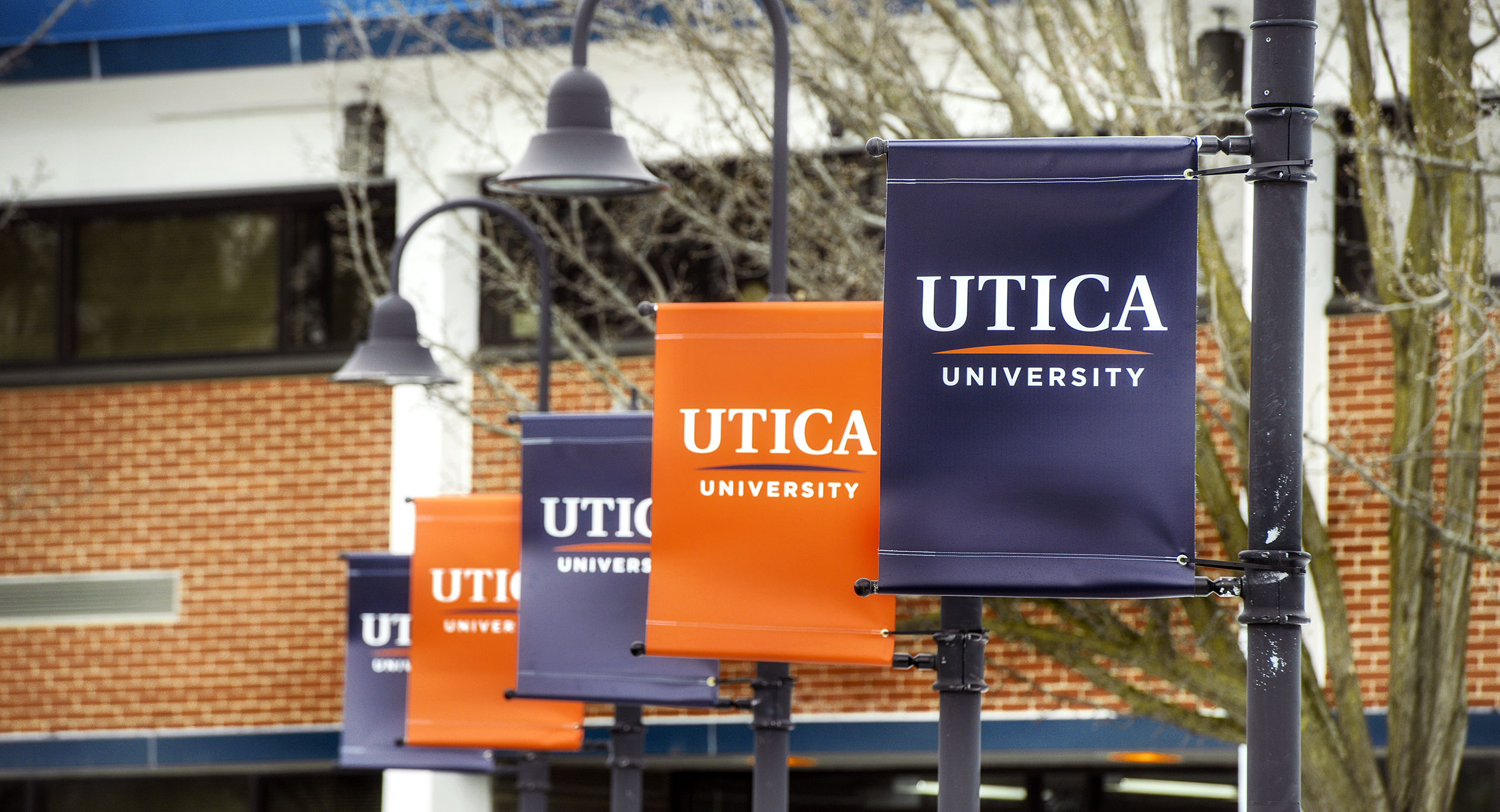WHAT IS ACADEMIC INTEGRITY AND WHY DOES IT MATTER?
Academic integrity is the foundation of higher education, an essential component of informed and well-reasoned exploration of any topic. In order to have confidence in anyone’s identification and use of facts, arguments and opinions, we rely on evidence of an honest process of arriving at that knowledge—just as having confidence in our friends requires us to rely on evidence that when they say they will do something, they follow through. One can recognize academic integrity by how clearly thinkers express what they’ve learned in their own words and how they give credit to the sources of that learning. Another crucial aspect of academic integrity is the ability to demonstrate what one has learned through personal effort, without cheating. When we have confidence that thinkers have “done their homework” in this way, it makes valid evaluation of their thinking and work easier and more credible.
In the same way that performance-enhancing drugs devalue athletic achievements, lack of academic integrity devalues the achievement of a college degree. When students take shortcuts to achieve a better grade, the process of acquiring knowledge and discovering how to do that is short-circuited. At some point, that short-circuit can show itself in a lower quality performance than the grades on your record would predict. Which is when the shortcut that got you in the door can just as easily kick you out of it…
WHAT IS PLAGIARISM?
Plagiarism is (1) the failure to give proper credit to the source of an idea or creative work, whether in the form of writing, speech, images, objects, or digital media of any kind (e.g., websites, youtube.com clips, programs, games, etc.); and (2) the failure to either properly paraphrase a source’s language in one’s own words or to directly quote that source’s exact language properly according to whatever citation style is being used. For examples, please see “FAQs About Plagiarism”WHAT IS ACADEMIC MISCONDUCT?
Academic misconduct is the act or attempt of an act to create an unfair advantage for yourself or disadvantage for others within the academic community. For examples of academic misconduct, please see “FAQs About Academic Misconduct”.
WHAT CAN HAPPEN TO YOU IF YOU ARE ACADEMICALLY DISHONEST?
The immediate consequences for violations of Utica College’s standards of academic integrity are decided by the professor or instructor who finds the violation. Penalties can include, but are not limited to:
• having to redo the assignment
• receiving a lower grade on the assignment
• receiving a zero for the assignment
• failing the class
Further penalties can also be assigned by the Academic Standards Committee.
In all cases, regardless of penalty, a letter will be placed in your file indicating that you have violated the college’s standards of academic integrity. If this is your first offense, and you commit no further offenses while a student at Utica College, no further action will typically be taken and the letter will be removed from your file upon graduation.
If your violation was not the first violation, was particularly egregious, or you commit further offenses while at the college, your case will be referred to the Academic Standards Committee. The committee has the options of, but not limited to:
- recommending no further action
- assigning a more stringent penalty, e.g., assigning an F for the course
- dismissing you from the college

